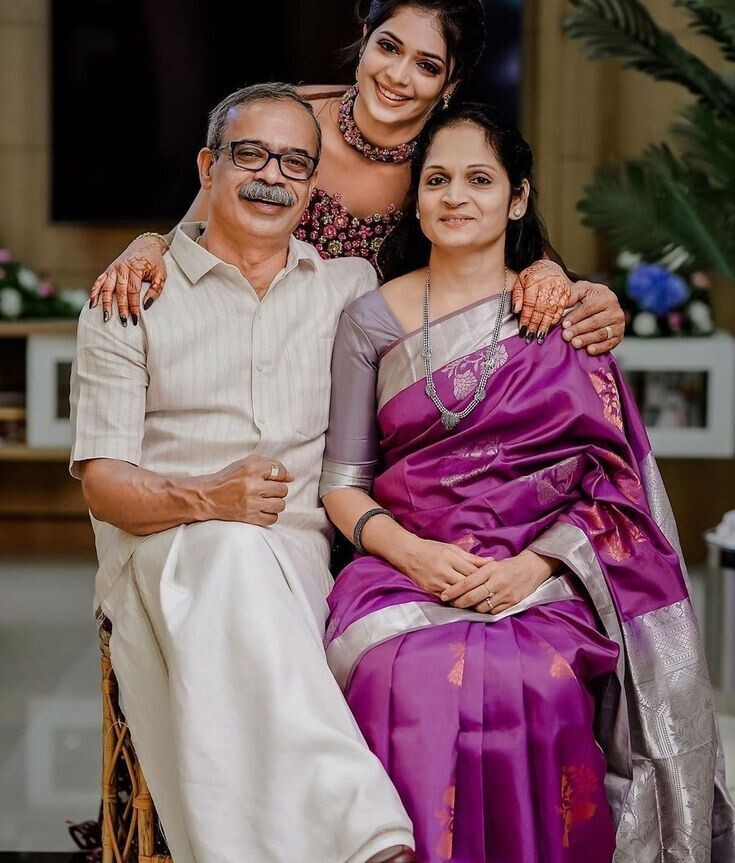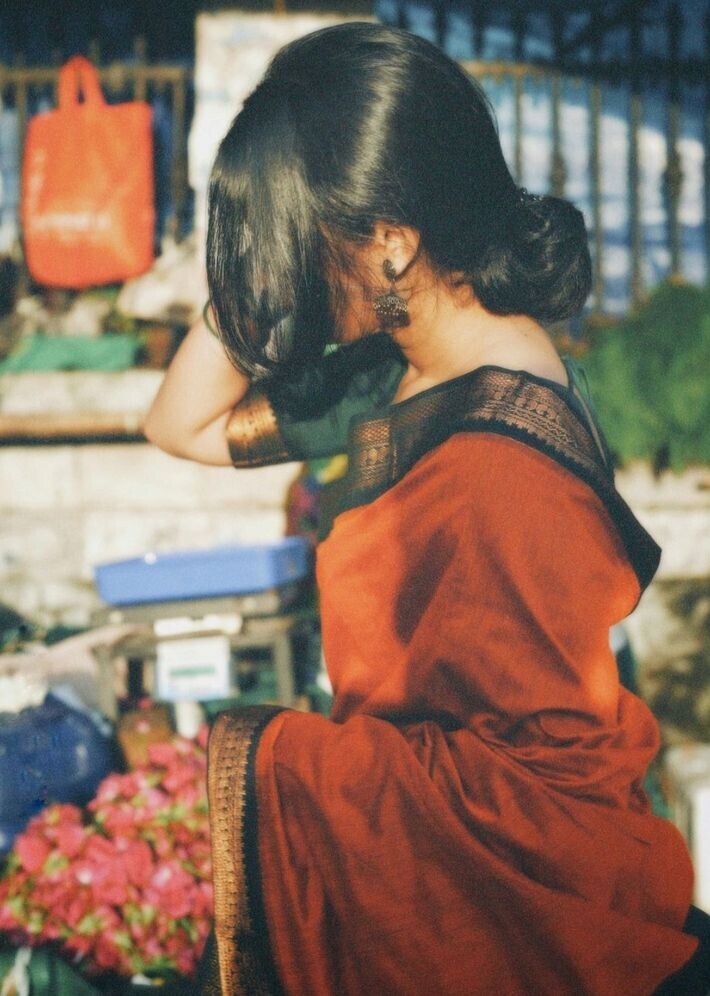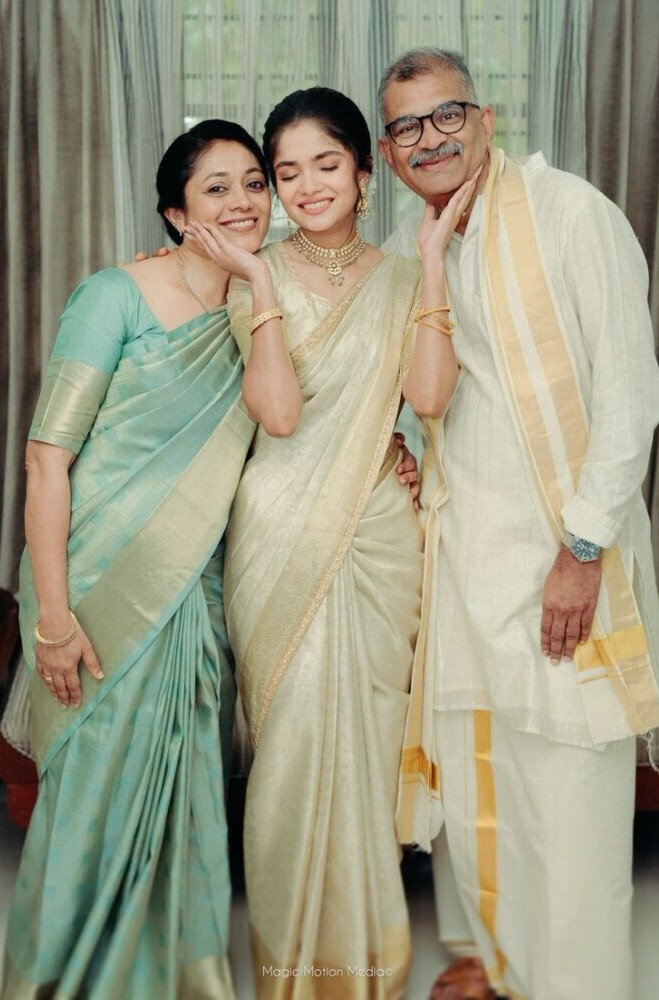
For Archana, the daily routine of heading into work as an administrator was overshadowed by a constant feeling of dread. Seven months ago, her co-worker Rajesh had started teasing her—comments that began as offhand remarks soon escalated into something relentless and far darker. Archana’s quiet pleas to HR and her attempts to ask other colleagues for support had been met with empty silence. The isolation from her team and the unending taunts at work took a toll on her, affecting her mind and body. Then one day, it all became too much; the overwhelming stress landed her in the hospital.

When I woke up in the sterile white of a hospital room, my body felt as drained as my spirit. Dr. Manisha, a warm, elderly doctor with a gentle face, was there to give me my diagnosis. “Archana,” she said softly, “you’re here because your body is bearing the weight of intense stress. If you hadn’t come, you might not have had a future to see.”
Her words cut me deeply. And before I knew it, the tears began to fall. “I don’t even want a future,” I admitted. “My past wasn’t kind to me, and I don’t see anything better waiting for me.” The truth slipped out so effortlessly, the weight of my painful memories pouring out for the first time in years.
Dr. Manisha listened, holding my hand as I shared pieces of my life. The family who’d abandoned me, the stigmas I’d carried since birth as a product of a teen pregnancy, the lack of a mother’s comforting presence, the whispers from my community that I’d grown up with. I had been the black sheep of my family, shunned by everyone from my own father to my grandparents, seen as a mistake. Now, living alone in a rented room in a dangerous neighborhood, I was dealing with catcalls every day, feeling trapped by a world that seemed determined to crush me.
She asked me if there was anyone who could help me. The reality was, I barely managed on my administrative salary; it was so low that even paying taxes was a struggle. And now, with rent due and no clear place to go, I was facing yet another eviction. The cycle seemed endless.
Dr. Manisha listened with a mother’s patience. And when I finished, she squeezed my hand tightly and said, “Archana, if you’ll let me, I’d like to help you. I don’t have children living with me anymore—they’ve moved out, but I would be honored to have you as part of my family. If you’d allow it, I’d love to be the mother you never got to have.”
The floodgates opened. I broke down, unable to control the sobs that racked my body. For so long, I’d faced the world alone. In that moment, I felt a warmth and kindness I’d never known. “Can… can I call you Maa?” I asked through my tears. She nodded, pulling me close, and I felt, perhaps for the first time, that maybe I did have someone who cared.
Dr. Manisha’s husband, Arun, was equally as kind, a calm, wise man who had spent years as a lawyer advocating for women who had faced harassment and assault in the workplace. Knowing what I’d gone through at work, he took up my case with determination and compassion. He told me that the law was on my side, that I had every right to work in an environment that was respectful and safe. Through his support, I found the strength to fight back against Rajesh’s harassment. The power imbalance I had felt all these months, all the fear, slowly began to fade away as I gained confidence and clarity.
Over time, I found myself emerging from the shadows, empowered by Maa and Arun. I knew I couldn’t stay silent any longer, not just for myself but for every woman who felt alone, unseen, and unheard. With Maa and Arun’s guidance, we co-founded an organization together called Saahas Foundation, a safe haven and resource for women like me. Through Saahas, we began to educate young girls, women employees, and female leaders on the dangers lurking in certain workplaces. We taught them about their rights, how to seek help, and to trust that they, too, could find their voices in situations that felt overwhelmingly unjust.
Today, I speak to women who remind me of my past self, women who are standing where I once stood, battling against a culture that often silences them. Through Saahas, we’re slowly making a difference, empowering women to understand that they have options, that they have a right to feel safe and respected.
Looking back, I see how Saahas became a lifeline for so many, just as Maa and Arun were for me. I may have started out feeling like a black sheep, like an outsider in my own family and workplace, but through the support of two people who saw my worth, I’ve found a path to a brighter, safer future. And now, standing tall, I hope to bring that same safety to countless others, proving that with resilience, support, and a little saahas—courage—any woman can overcome.

When I first saw Archana in the emergency room, she looked fragile and utterly worn down, like someone who had been carrying the weight of the world on her shoulders. I recognized the signs of stress right away—it’s a pattern I’ve seen countless times in women who face impossible expectations and endure so much in silence. I could tell she’d come here not just because of an illness but because something in her life was crushing her spirit.
As I reviewed her symptoms, I explained to her gently that the stress she was enduring was endangering her health. “Archana,” I said softly, “your body has reached a breaking point. If you hadn’t come in now, things might have taken a far worse turn.” I could see her struggling to hold back tears, and soon, all the emotion she’d been bottling up poured out of her. She admitted, “I don’t even want a future… My past wasn’t kind to me, and I don’t see anything better waiting for me.”
I listened quietly, letting her speak, hearing each word and absorbing the depth of her sorrow. I heard about her family who’d turned their backs on her, the shame she’d been burdened with since birth, the loneliness of growing up without a mother, and the way society had labeled her unfairly. I watched her pain surface, raw and real, as she recounted her experience at work, where her coworker Rajesh had been tormenting her. She’d tried to seek help, but her cries for assistance had fallen on deaf ears, leaving her isolated in an environment filled with fear and hostility.
The more I listened, the more my heart ached for her. This young woman had lived a life no one should endure, and yet, here she was, standing before me, seeking help and trying to carry on. I could feel the mother in me waking up, and I knew that I needed to do more than just treat her symptoms.
“Archana,” I told her, “if you’ll allow me, I’d like to be here for you, to give you the family you’ve never had. My children have all grown and moved away, but I have space and love to give. I would be honored to have you stay with me.”
She looked up at me, her eyes brimming with tears. Her expression held a mixture of hope and disbelief. She whispered, “Can… can I call you Maa?” And at that moment, I pulled her into an embrace. This girl had been craving love and support her entire life, and I was grateful to be able to offer it to her.
When I brought her home, my husband Arun welcomed her warmly. He had spent years fighting for justice, especially for women facing harassment in workplaces. As Archana told him her story, he assured her that her rights would be protected, and he promised to take on her case. Arun took each detail with care, his compassion a comfort to Archana as he reassured her that what she’d endured was unacceptable, and that we would make sure she felt safe and valued again.
The transformation I saw in Archana over the following weeks was incredible. She began to stand taller, her voice became stronger, and her confidence grew with each day. Arun and I guided her through the legal process, and as she regained her sense of security and self-worth, she began to see a brighter future ahead of her.
Through these experiences, we decided to start Saahas Foundation together. Saahas became a beacon of hope for women who needed guidance, a place for them to learn their rights, access resources, and find a safe community. Archana took on a leadership role, educating women of all ages about navigating workplace challenges and empowering them to stand up for themselves. She had found her calling, and with Arun’s experience and my support, we built something beautiful and lasting.
Looking back, I see the impact of one small decision: the decision to be there for Archana when she had no one else. We helped her find a family, a purpose, and a chance to rewrite her future. And in doing so, Archana became an inspiration for so many others, proving that with courage, support, and a sense of belonging, any woman can overcome life’s most difficult challenges.
No Responses